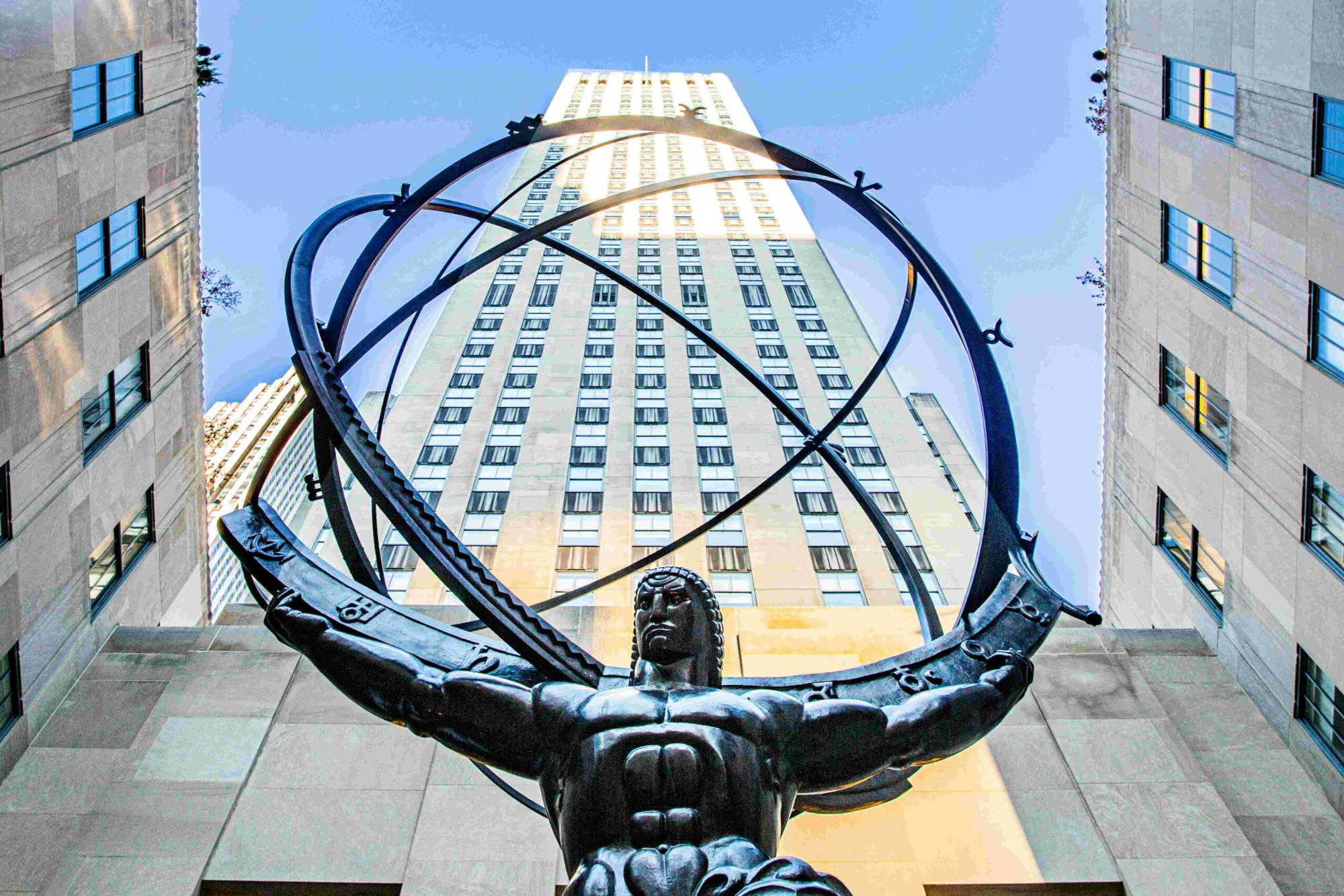Tata Nano: Dilemmas in sustainable development
The Tata Nano was launched by Tata Motors, a member of the Tata Group in January 2008. This “one lakh car” ($2,500) was hailed as the people’s car. Ratan Tata, chairman of the Tata Group, which was widely respected for its socially responsible business practices, had personally championed the Nano’s development in the belief that it would revolutionize the mobility of the middle class in India. The first models were due to roll out of the company’s green field factory in Singur, West Bengal in October 2008. While Tata Motors had been offered financial incentives to locate to West Bengal, the company also wished to play an active role in the re-industrialization of the state and contribute to the economic development of the region. But protests severely disrupted work at the Nano plant and it finally ground to a halt on 2 September 2008. In October 2008 the company announced that it was relocating its Nano factory to the western Indian state of Gujarat, walking away from its $328 million investment.
Related Content
Related Resources
The pursuit of Sustainable Development (SD) is not as straight forward as its proponents advocate. A firm’s financial, social and environmental performance may be at odds with each other. The challenge for top management is to deal with the underlying dilemmas. Nano offered the middle class Indian a safer alternative to carrying his family of four on a two wheeler. The company located its Greenfield factory in West Bengal, again to help develop backward regions of that Indian state. Yet, there were challenges to the Nano project from environmentalists and politicians concerned about the impact of the project on subsistence farmers.
Tata Motors, Automotive, Automobiles
2006-2008
Cranfield University
Wharley End Beds MK43 0JR, UK
Tel +44 (0)1234 750903
Email [email protected]
Harvard Business School Publishing
60 Harvard Way, Boston MA 02163, USA
Tel (800) 545-7685 Tel (617)-783-7600
Fax (617) 783-7666
Email [email protected]
NUCB Business School
1-3-1 Nishiki Naka
Nagoya Aichi, Japan 460-0003
Tel +81 52 20 38 111
Email [email protected]
IMD retains all proprietary interests in its case studies and notes. Without prior written permission, IMD cases and notes may not be reproduced, used, translated, included in books or other publications, distributed in any form or by any means, stored in a database or in other retrieval systems. For additional copyright information related to case studies, please contact Case Services.
Research Information & Knowledge Hub for additional information on IMD publications
Related Content
Related Resources
Related Content
in I by IMD
Research Information & Knowledge Hub for additional information on IMD publications
Research Information & Knowledge Hub for additional information on IMD publications
Research Information & Knowledge Hub for additional information on IMD publications
Research Information & Knowledge Hub for additional information on IMD publications
in I by IMD
Research Information & Knowledge Hub for additional information on IMD publications
Research Information & Knowledge Hub for additional information on IMD publications
Research Information & Knowledge Hub for additional information on IMD publications
Research Information & Knowledge Hub for additional information on IMD publications
Research Information & Knowledge Hub for additional information on IMD publications
Research Information & Knowledge Hub for additional information on IMD publications









